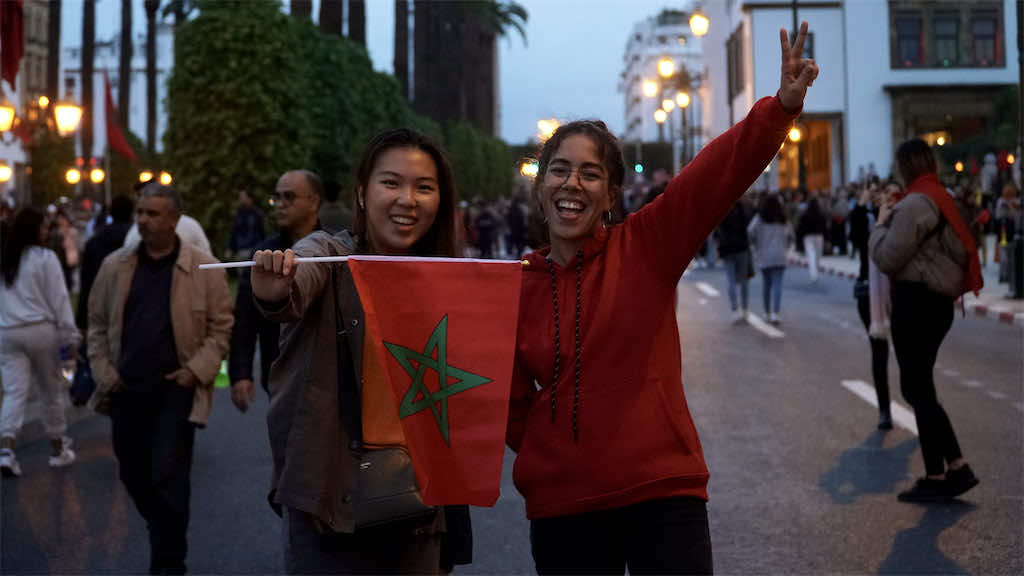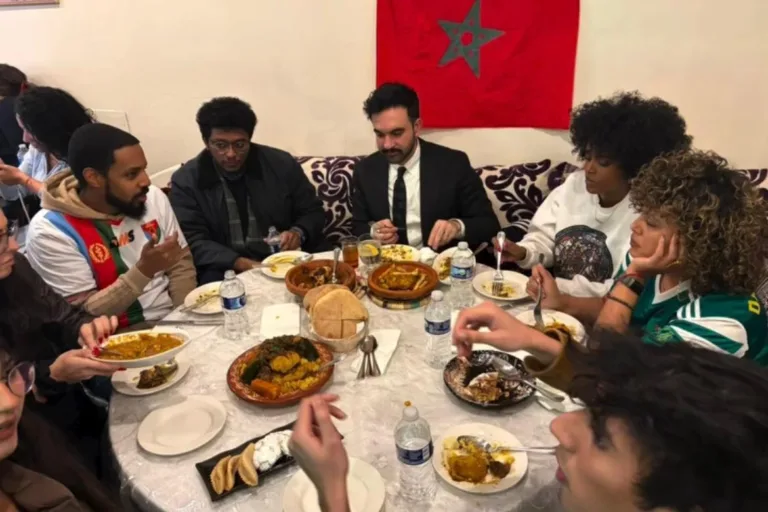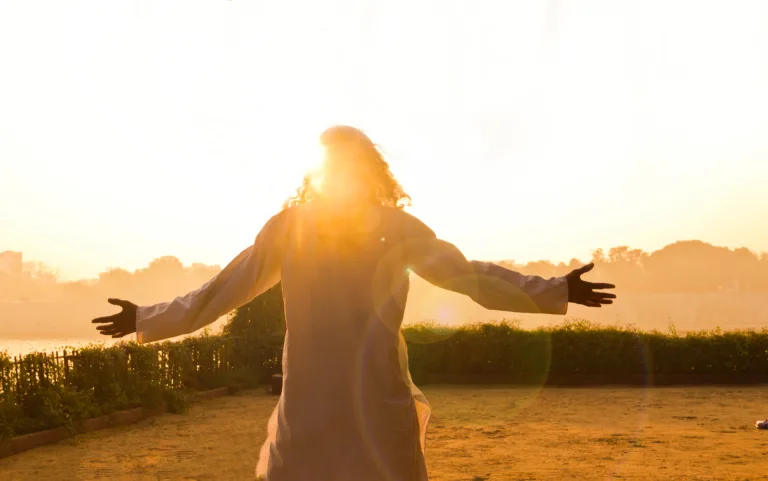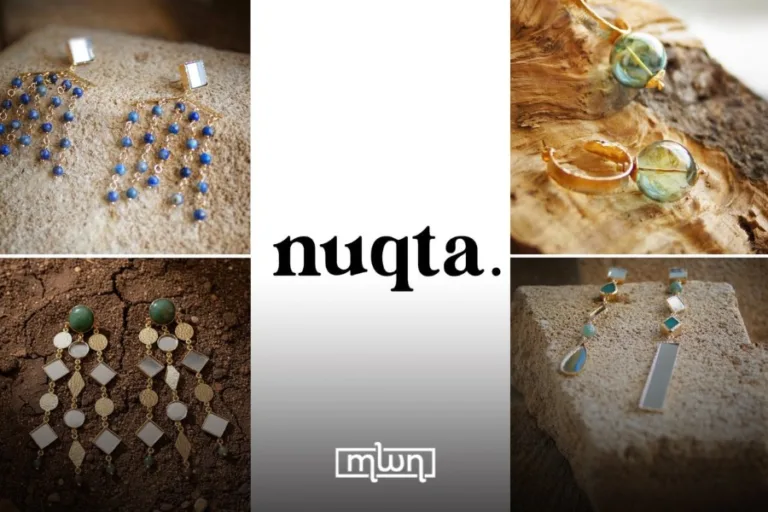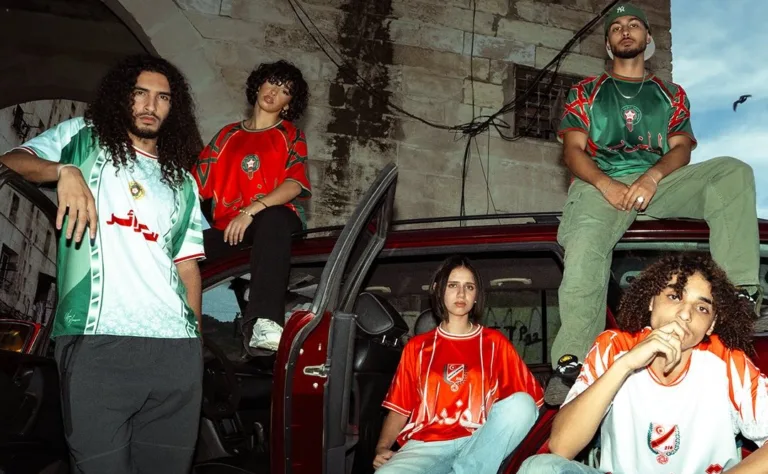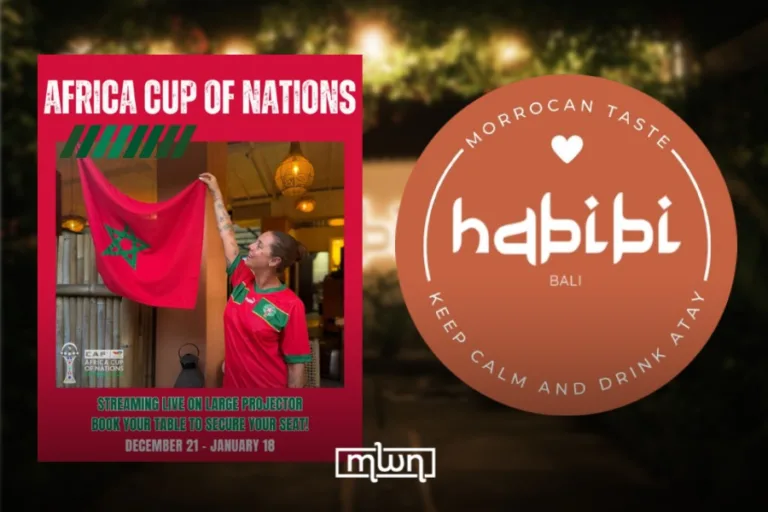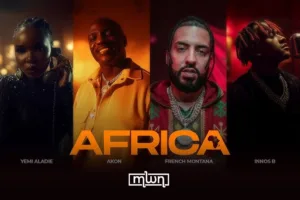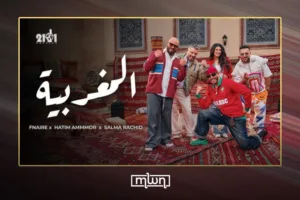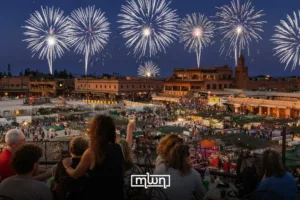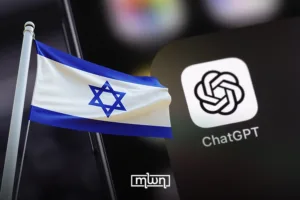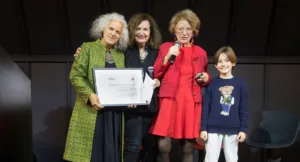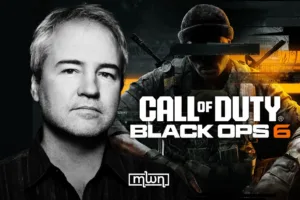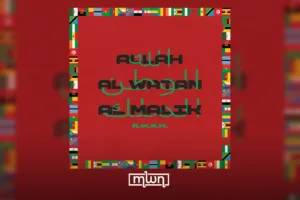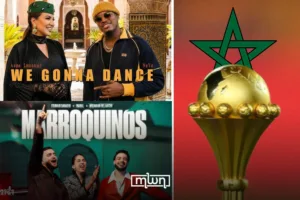When Morocco’s Achraf Hakimi nudged in the winning goal against Spain after a nerve-wracking two hours, my thirteen-year-old host family cousin turned to me and said, “You don’t understand what this means, you don’t understand.”
It’s true. As a foreigner who was never really into sports, I don’t understand what this victory — and the others — meant for football history or Moroccan identity. But what I do understand is the visceral human joy.
As a storyteller, I write personal narratives such that its aesthetic tells its own story. However, in this case, I am abandoning chronology and choosing a non-linear narrative because decades later, I might not remember the details of the specific goals and saves that left us in awe, but I will remember what the Atlas Lions made us feel.
I’ll remember sprinting down the streets, flags trailing behind me. I’ll remember falling asleep to night upon night of car horns honking that never seemed to cease. I’ll remember dancing circles and chanting crowds. I’ll remember the fireworks blooming over Rabat’s Agdal and the flares dyeing Centre Ville a fiery red. I’ll remember happiness blurring into tangibility, reds and greens.

Fans celebrating Morocco’s win.
I use “we” and “us” even though I am Chinese-American. I use the collective pronoun because the World Cup has made me feel like a part of this country. I’ve watched the game as the only foreigner in a crowded cafe, and in those times I forget my foreignness. I was too enraptured by our heroes on the screen. “Siir, siir, siiiir,” I cheered. “Dima Maghrib!”
I’m not alone in this. Fellow American exchange students jumped up and down like mad with every goal scored against Belgium. Chinese friends took to the streets after our win over Canada. Strangers from Switzerland and England, donning Atlas Lions jerseys, spoke to Morocco World News jubilantly after our historical win against Portugal.
One does not need to be physically in Morocco to share the joy. I have got used to receiving messages on social media expressing support (or oftentimes simply “BONOOOO”) from acquaintances all over the world, even those who are not of African or Arab descent. From the US to the UK to Algeria, we all rallied behind the Lions.

Morocco’s fans.
Why not Messi’s Argentina, Ronaldo’s Portugal, or Mbappe’s France? Why the Lions?
Perhaps because we were the underdogs. An algorithm developed by the University of Oxford simulated each game one million times and predicted that Morocco would sink to last place in its group. We surprised the world, again and again.
Perhaps it is because we love a team that values its heritage. Despite being the team with the largest number of foreign-born players, the Atlas Lions often refused interviews in any language other than Darija.
Perhaps because our players are human rather than fine-tuned machines. We see them kissing their mothers and celebrating with their families.
The world rallied behind Morocco for all of these reasons and more. Together, we feel this riveting, raw emotion that is at once complicated and plain. One might call it pride, or unity, or ecstasy. I do not believe there is a word powerful enough in the English language to adequately capture that feeling. English is, after all, not what Moroccans speak.

Fans poured in thousands to celebrate Morocco during World Cup 2022
We lost. We spilled tears. But despite the pouring rain and subdued atmosphere that night, celebrations still emerged in parts of Rabat.
That, somehow, touched me the most. From the whistle kicking off the Croatia game to the whistle bringing an end to the second Croatia game, our 24-day journey is no longer about a golden trophy, but that unnamed feeling the Atlas Lions evoked deep inside us.
Read Also: Morocco Finishes Fourth in World Cup After Loss to Croatia
In the faraway future when I am an old woman and Morocco has won a World Cup or more, I won’t remember the stunning goals and saves, but I will remember the flamboyant celebrations when we won — and the joy that prevailed even when we lost.
We love the Atlas Lions no matter what. That, I think, is the meaning of “dima” — always.


